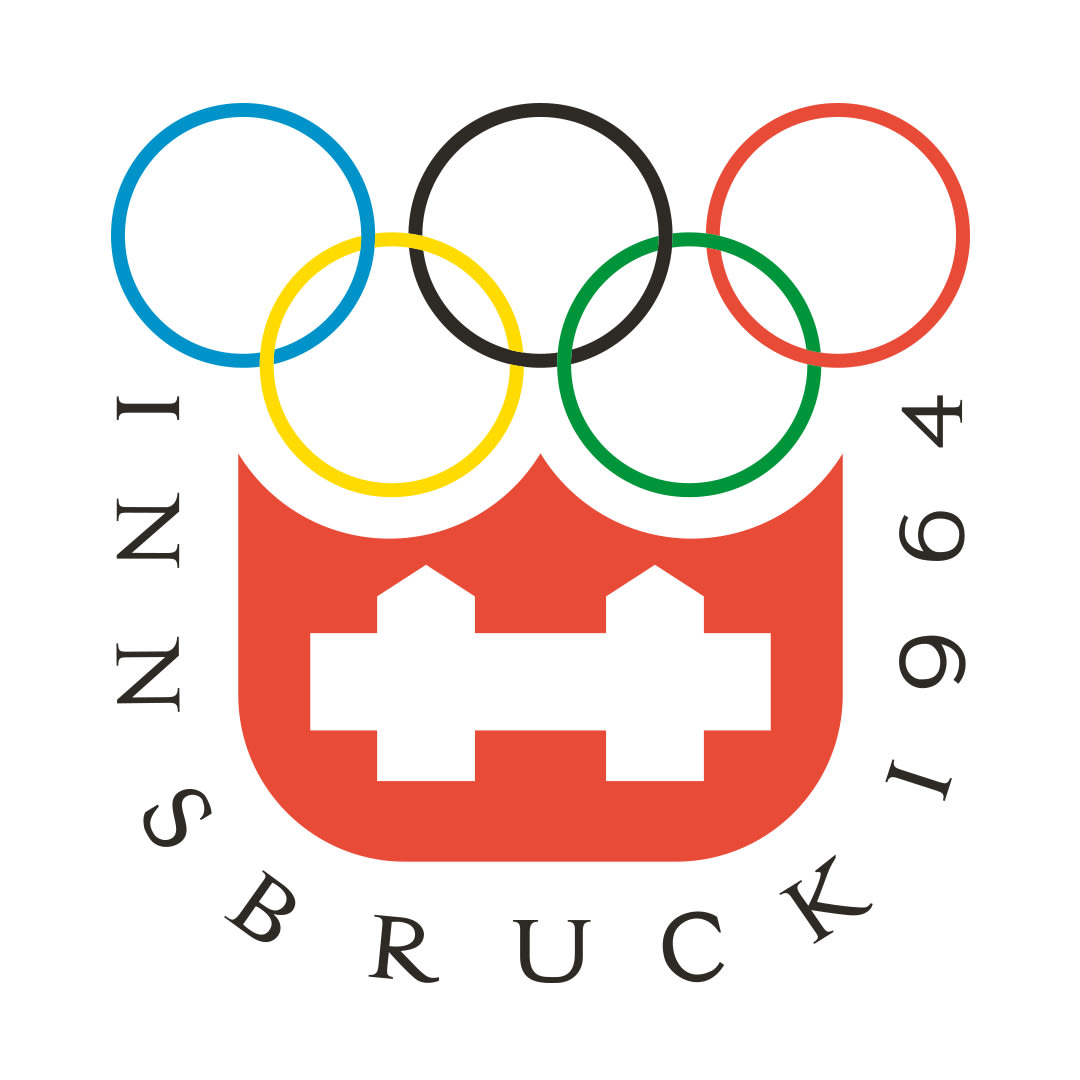
Olympic Winter Games Innsbruck 1964
Innsbruck 1964The Torch
Route Design and Details
After being lit in Olympia, the flame traveled by car to Athens and remained overnight at the headquarters of the Hellenic Olympic Committee.
On 23 January 1964, 16 relay runners took it to Hellenikon airport, where it left for Vienna.
On 24 January, the flame arrived in Innsbruck by air from Vienna. It was on show to the public in the Maximilian Saal of the Imperial Palace, famous for its balcony with the Golden Roof, a symbol of the city entirely covered in gold tiles.
On 29 January, a group of athletes drove the flame to the Bergisel ski jump. From there, it was transferred using a piece of Greek wood from the safety lamp to the torch. At the Opening Ceremony, Alpine skier Christl Staffner passed the torch to Josl Rieder, who lit the cauldron. At the same time, a second cauldron was lit in front of the Ice Stadium.
Map of the Route
Facts and Figures
Start date: 22 January 1964, Olympia (Greece)
End date: 29 January 1964, Bergisel Stadium, Innsbruck (Austria)
First torchbearer: Dionyssis Kessaris
Last torchbearer: Josl Rieder, Olympic participant in alpine skiing (1956)
Number of torchbearers: Two in Austria. No total available for Greece.
Recruitment of torchbearers: -
Distance: -
Countries visited: Greece, Austria
Torch Details
Description: The inscription “IX. Olympische Winterspiele 1964” and the Olympic rings were engraved on the upper bowl-like part. The handle was conical with two bands.
Colour: Bronze
Length: 61cm
Composition: Brass
Fuel: -
Designer / Manufacturer: Ludwig Haselwanter / Anton Fritz
Did You Know?
This was the first time that it was an Olympic flame, lit in Olympia in Greece, which was used for the Winter Games.
According to Gerhard Siegl (2017), only two torches were created at the time of the Games.
Two silver safety lamps with a burning time of 22 hours were specially made to transport the flame.
1964
Discover the Games
The Brand
A visual identity is developed for each edition of the Olympic Games.Brand
The Medals
Beginning as an olive wreath, medal designs have evolved over the years.Medals
The Torch
An iconic part of any Olympic Games, each host offers their unique version.Torch
